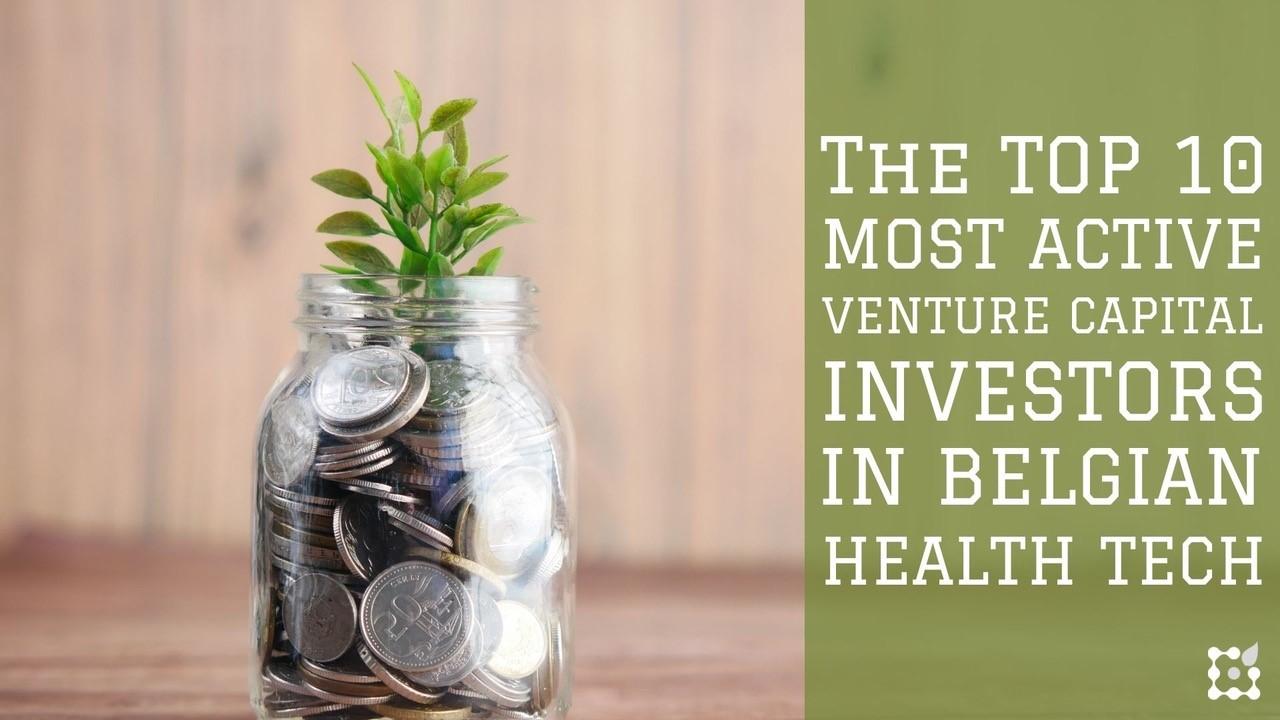There is a growing awareness of the enormous benefits in health if action is taken more quickly. I know a lot of people and organisations in health who would like to focus more on prevention. But everyone is looking for a workable business model: how do you shape your prevention offer and who is willing and able to pay for it?
Are you one of these (future) prevention entrepreneurs? Then be inspired by the Dutch example of personal healthcheck.nl
What is it?
Online platform for health prevention and early diagnosis, with more than 300,000 users and strong outcomes. Started by doctors Coen Van Kalken (oncologist) and Roderik Kraaijenhagen (cardiologist) in 2005. Van Kalken and Kraaijenhagen had the feeling ‘as a doctor, you are always a little behind’ and ‘care comes too late’, and they wanted to do something about it.
Personal healthcheck.nl is a package and online tool for companies (B2B-most of the users) and individuals (B2C). It consists partly of online research and questionnaires, a part self- diagnosis and measurement, and a personal health report. you can do the check at home, giving you insight into your physical as well as your mental health. Also environmental and genetic factors are taken into account. The check not only gives you insight but also delivers advice, and encourages you to take action. Personal healthcheck.nl also uses health goals.
Basic version of the personal healthcheck costs 38-50 euros per person. The price has dropped in recent years thanks to digital technology and home measurement: a few years ago, a measurement had to be taken to a doctor’s checkpoint; now this has become a choice option.

Data and ROI
If you are a entrepreneur or employer investing in health prevention, these results of personal healthcheck.nl might help your plan or ROI (return on investment) expectations:
- 2 out of 3 contacted employees in a B2B-setting are open to participate in the health check (it is not an obligation)
- 31% of the users are healthy, 6% need to take action and 14% immediately are referred to a GP visit
- Self-management and awareness are stimulated: 97% are satisfied the employer invests in health; 74% say they are motivated to behave healthier, 54% take more exercise, 70% eat healthier, and more than a quarter of the participants have stopped smoking and drink less alcohol
- The benefits for employers: up to 10% productivity improvement and up to 20% reduction in sick leave
Easy success for founders Van Kalken and Kraaijenhagen?
Not at all. Success is not a one day trip. Both founders walked against the wind. It took 10 years, until 2015, before health insurers started to reimburse the tool. Between 2005 and 2016, they invested 10 million euros in the platform, together with a number of other shareholders. They choose to start from a strong prevention concept and first got the technology right. With the technological MVP,(minimum viable product) they started doing research. PhD students were put to work and they invested a lot in research. But: most of all they invested in very broad partnerships to increase market entrance.
What can you learn from them?
Is a business model for health prevention possible? Yes, it is.
This is what we can learn from the entrepreneurs journey of personal healthcheck.nl:
- Define your vision and goal. Here this is: ‘how can we intervene in health earlier? What does that do to people?’
- Write out a basic concept for your product and immediately develop technology. Have the MVP validated and evolve through research. Apply the lean startup method.
- Build a broad ecosystem of partners. Research partners were key for personal healthcheck.nl. In the meantime, also distribution, service and many other partners have joined- see also point 9 (platform model).
- Share research data with your research partners: shared knowledge is shared added value. Measure and document your impact; keep the data that document the results under your (co-) ownership – make sure you can consult and use them at all times.
- Choose a combined B2B and B2C business model immediately: B2B will be your main income stream, but B2C will support your scaling up. People pick up the tool and go to their employer or health professional with it; this helps engagement and ambassadorship. All kinds of people are becoming more aware of the importance of health, so you have to explicitly respond to this by working B2C- thus stimulating awareness towards self-management.
- The majority of people are positive about getting personal health insights and support. People are open to a product acting as a health nudge (small and positive push in the back) and have no problem sharing their data.
- Main customers in the business model for health prevention are: employers, public and private health insurers, private income insurers, pension insurers, occupational health services, etc.
- Do not focus on reimbursement by the government or a B2G (business to government) market; it follows the good solutions in the market. For example, personal healthcheck.nl only worked more broadly with municipalities and reimbursement by health insurers after 10 years. So, do not make B2G a starting point in your business plan.
- Health prevention is approached as a pre-competitive domain: everyone has an interest and result in this; broad knowledge sharing, broad partners and referral (various forms) should be incorporated in the model. Develop your B2B and B2C as a platform model (and therefore involve B2G in a later phase).
- The ownership and privacy of the (enormous amounts of) generated data must be well organised. It’s an open door in GDPR-times, but there should be a separation between personal data of participants and metadata to use for employers and other customers. If necessary, set up a separate entity for data management. NIPED (the organiser of personal health check.nl) did this with the NIPED data management foundation.
- The value proposition of health prevention can be: improvement of productivity, reduction of absenteeism at work, a periodic medical examination, no medicalisation, the possibility to carry out tailor-made (personal) and remote (at home e.g.) tests, insights are linked to actions (integral), enhances health literacy and encourages participants to change their behaviour, affordability of prevention, LT reduction in care consumption, reassuring the user, longer healthy living without complaints, insight into the risks of the customer portfolio and control of the claims burden for insurers. In general, personal healthcheck.nl is all about: better performance, enhancing the understanding of health and stimulate to action, the creation of new insights, higher employee satisfaction and cost savings.
- Pricing: fixed pricing per user for the whole proces. Add ons make it possible for B2B-customers to deliver extra services to users or to work towards specific user segments.
Other examples of health prevention platforms
Some of the other companies doing great things with health prevention are Dacadoo (Swiss scaleup founded by Peter Ohnemus) and Emma health (Belgian startup of Jelle Van de Velde and Servaas Bingé).
Do you know other platforms combining physical and mental health insights, education and coaching in a B2B and B2C model? Please feel free to share!










